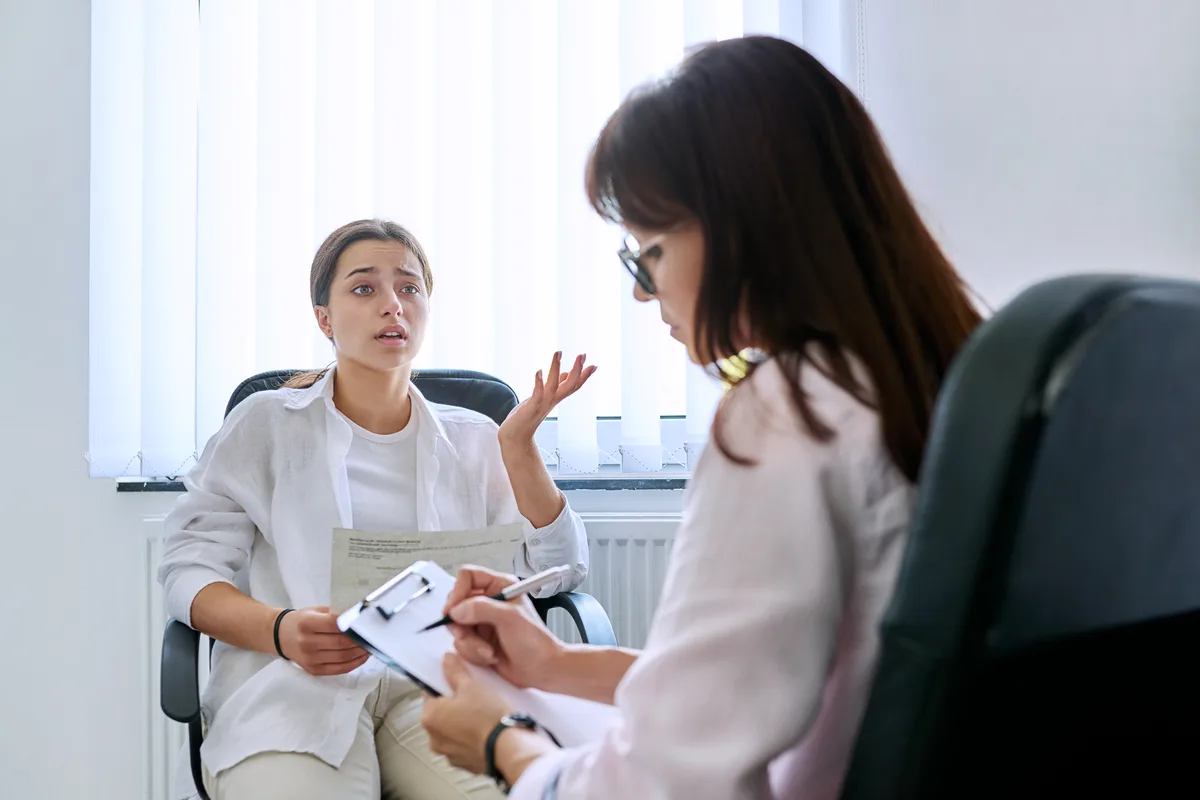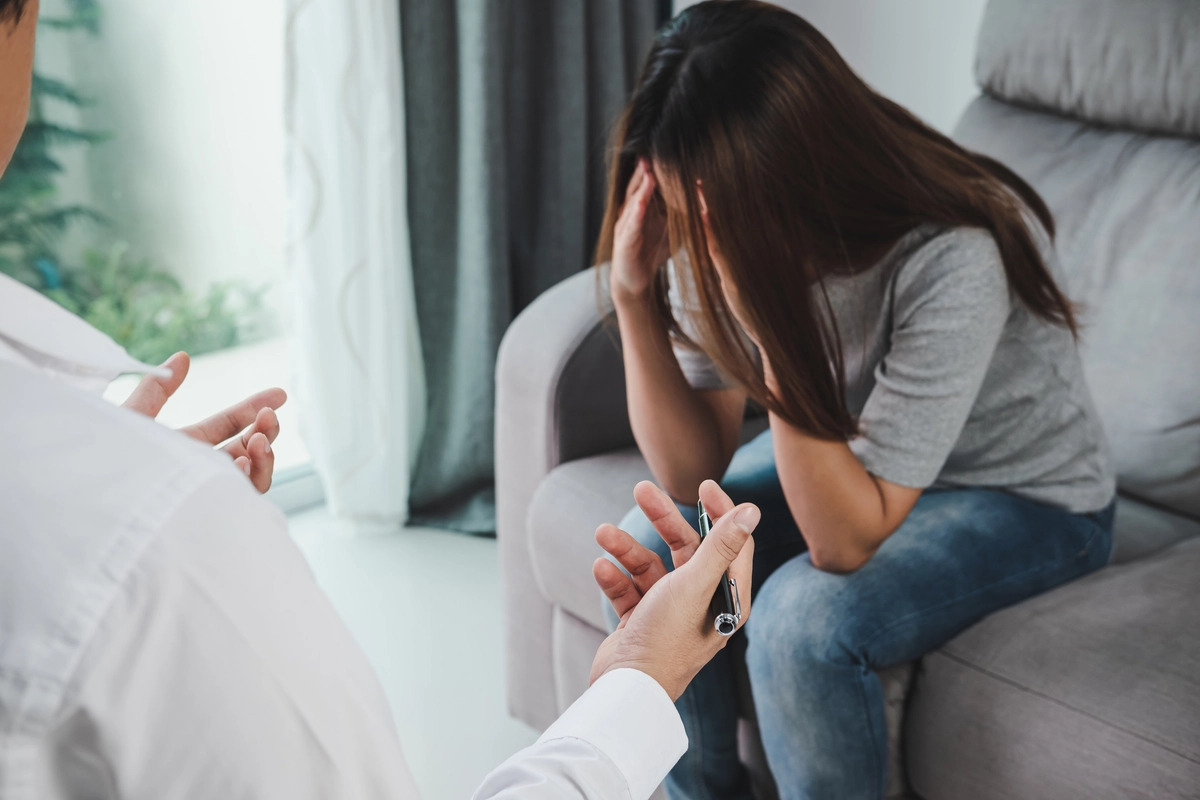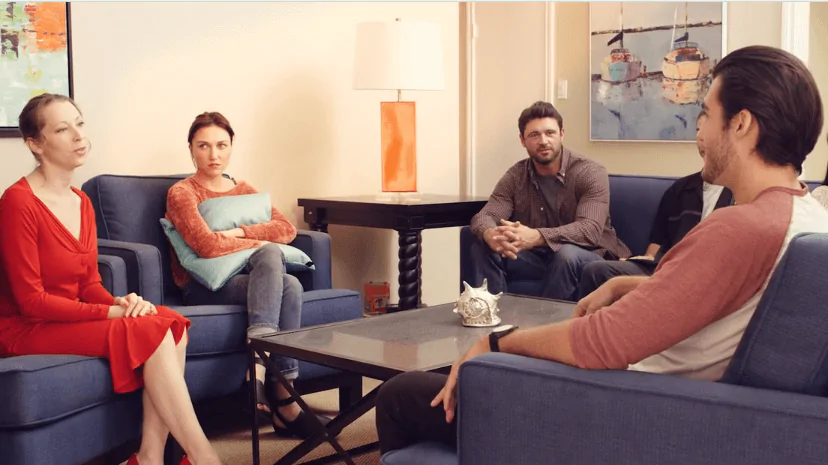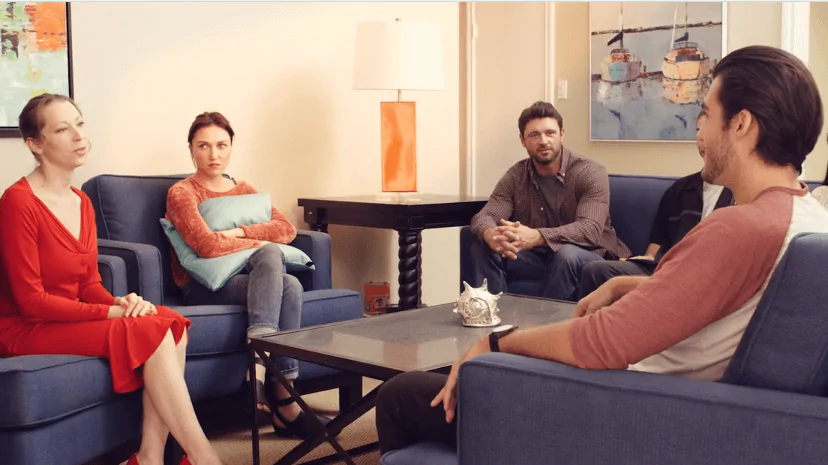24/7 Helpline:
(866) 899-221924/7 Helpline:
(866) 899-2219
Other Insurance Options

Providence

Excellus

CareSource

American Behavioral

Group Health Incorporated

MHNNet Behavioral Health

Humana

WellPoint

Aetna

Ceridian

Coventry Health Care

Sliding scale payment assistance

Meritain

Holman Group

ComPsych

Health Net

BlueShield

Optima

Cigna

AllWell





























